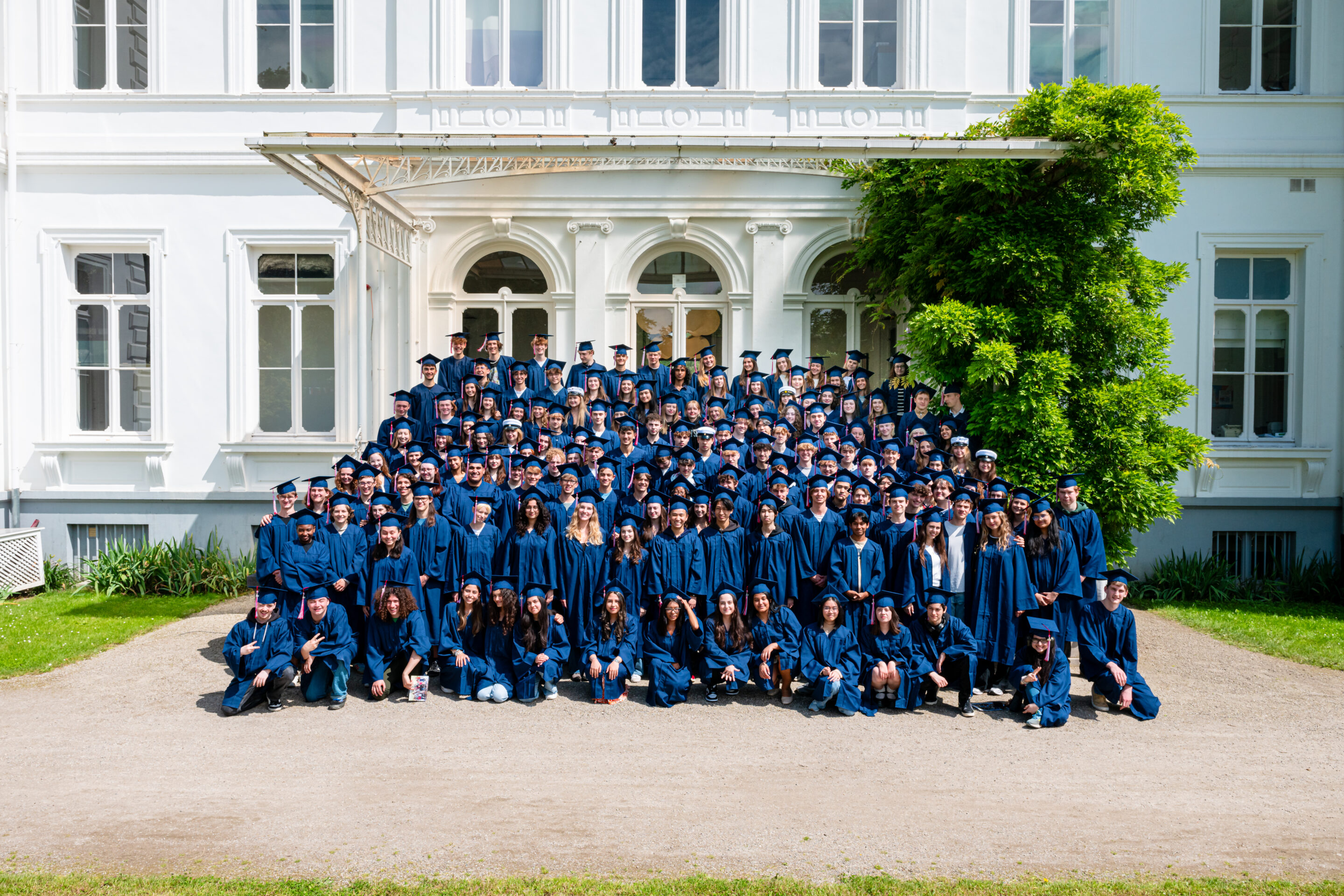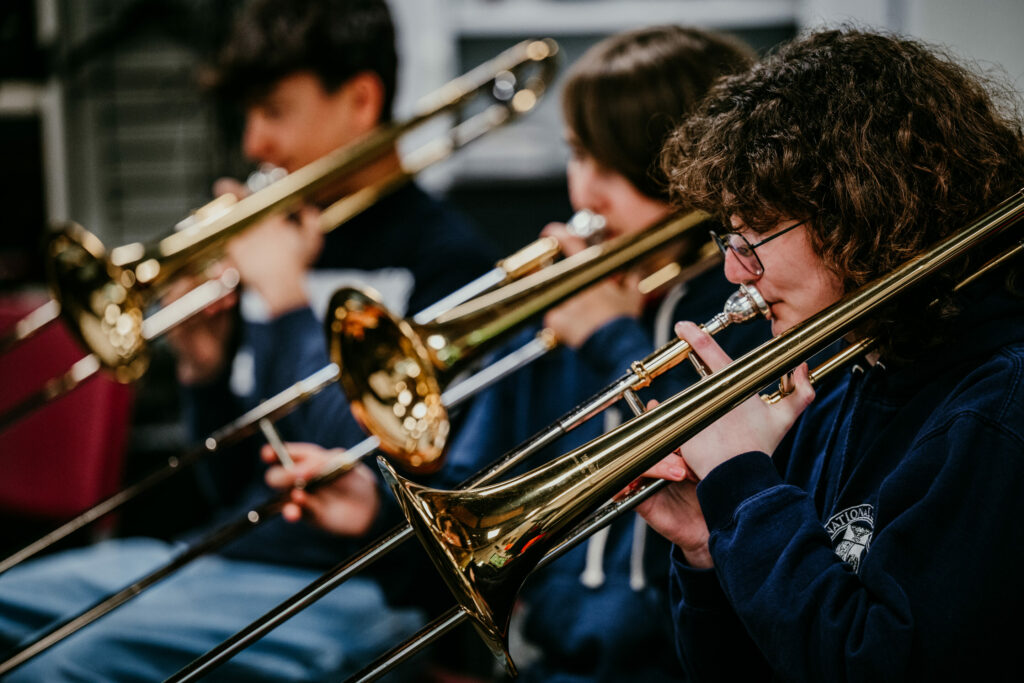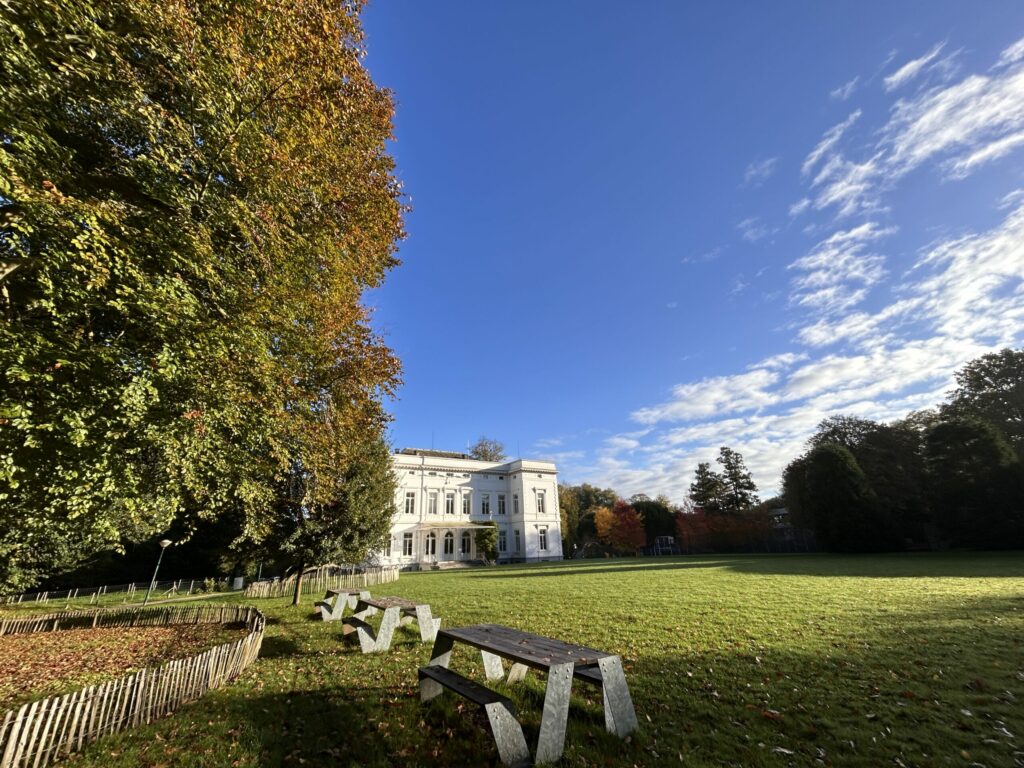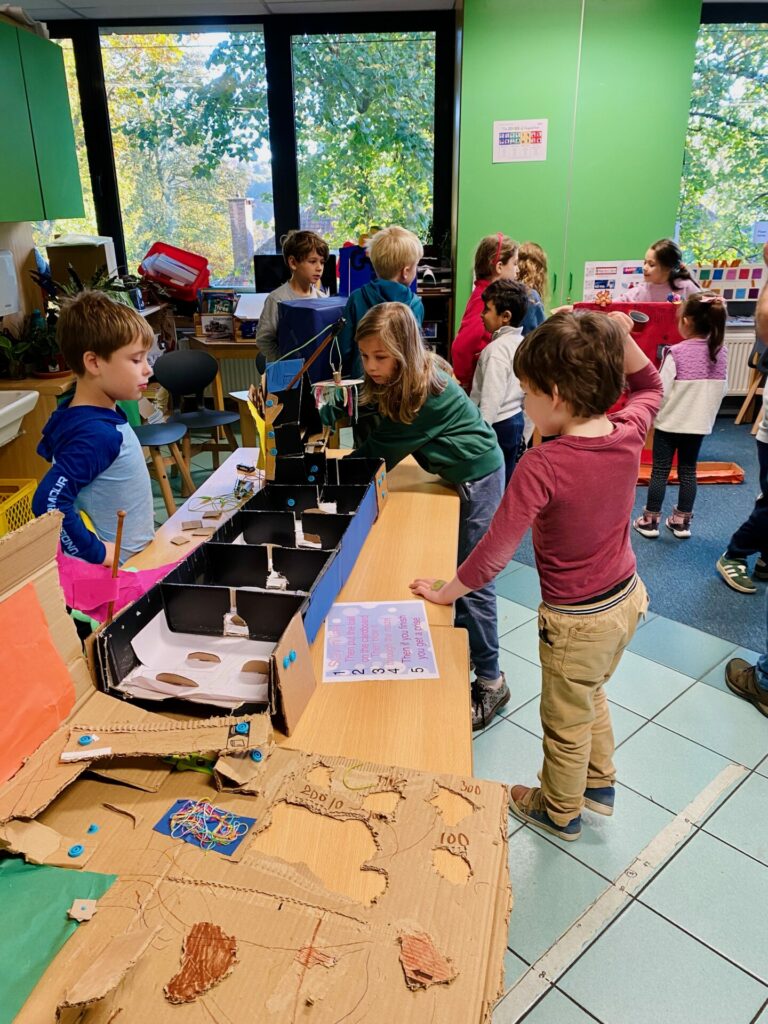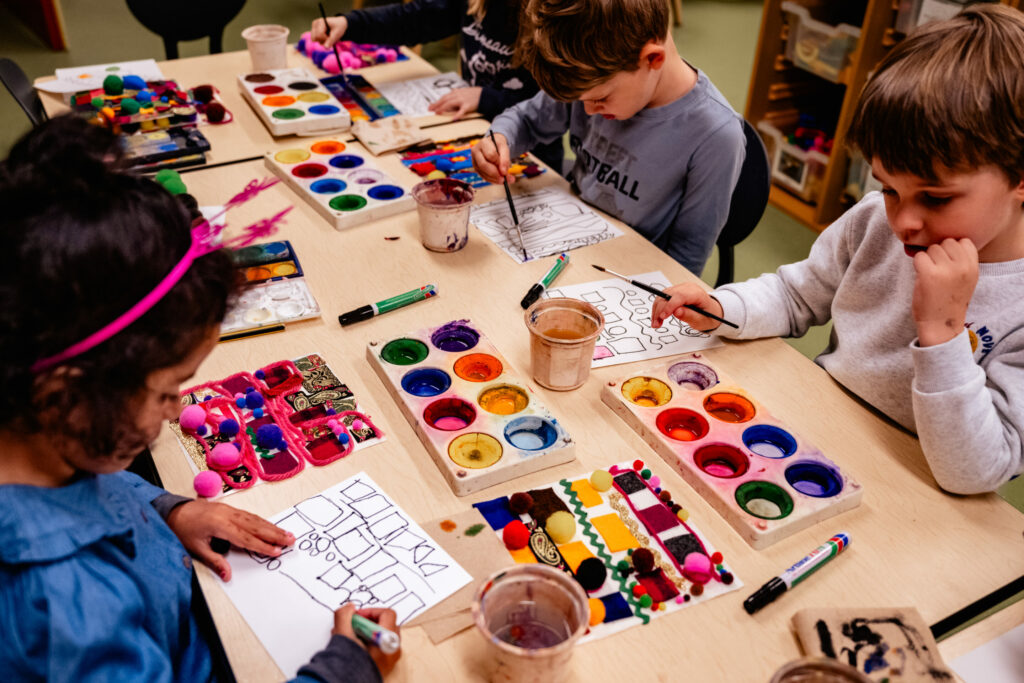Since its foundation, the school has dedicated itself to preparing students for an international future, becoming a leader in truly personalised learning. With a student body representing over 60 nationalities, ISB focuses on individual growth, global citizenship, and creating pathways that fit each student’s unique strengths and aspirations.
In an interview with The Brussels Times, James MacDonald, School Director, highlighted that while Belgian schools certainly offer a good education, ISB provides different opportunities, opening new and exciting pathways for locals and expat families alike. He emphasised that in local public systems “you won’t have the same level of personalised learning or the same extracurricular opportunities” as at ISB.
Both systems have their merits, but MacDonald believes that the school’s impressive academic results and ever-expanding student body are testament to the success of this whole-school approach, which has been carefully crafted alongside international experts in education.
A new approach to education
Some of the differences between ISB’s approach to learning and other systems can be perceived almost immediately. Walking through the school's impressive campus, occupying a commanding position in Brussels’ leafy Watermael-Boitsfort suburb, students can be seen eagerly rushing to their classes. Some of their class materials feature topics otherwise unheard of in other Brussels schools, such as Japanese Literature, Creative Arts, or Microeconomics.
While the Belgian system generally follows a fixed curriculum, ISB offers a dynamic and flexible academic structure designed around each student's needs and interests. MacDonald explains that ISB’s philosophy centres on the fact that “no two students are the same, and we believe every child should have an individual learning pathway,” reflecting a core belief that education should adapt to the individual, not the other way around.
The school provides a wide array of academic programmes, such as the International Baccalaureate (IB), Advanced Placement (AP), BTEC, and US High School Diploma. This variety allows students to focus on subjects they are passionate about while remaining challenged at their own level.
For instance, a student drawn to STEM fields can immerse themselves in the school’s VEX Robotics programme, competing in international tournaments, while another might pursue advanced courses in digital media or visual arts. Students can also receive education in their native language, with courses taught in everything from Swedish to Korean.
According to MacDonald, ISB "tailors the curriculum to ensure that every student feels challenged in the right way and at the appropriate level.” Some students might require extra support, while others may be ready to engage with more advanced material, and ISB's flexible structure allows for both.
While other schools’ educational programmes tend to focus on the majority of their student population, ISB’s flexible curriculum ensures that both students who need additional learning support, and high-ability students who need additional challenges, are valued equally and guided accordingly. The school tailors its education to navigate learning disabilities, just as it does to those who excel in the classroom.
No longer the ‘American school’
ISB has historically been perceived as a school for expatriate families, however, in recent years the school has seen increasing interest from local Belgian families. The public system in Belgium is widely respected, but ISB offers something different: an international outlook and the stepping stones needed to achieve greatness. This has proven appealing to families seeking a more global education for their children, without sacrificing their own linguistic or cultural ties.
ISB offers bilingual programmes that allow students to maintain strong connections to their local languages, such as French or Dutch, while also benefiting from instruction in English.
For families interested in global opportunities, ISB provides a unique balance between local linguistic skills and international educational opportunities. MacDonald notes that many Belgian parents appreciate the school’s bilingual options and its emphasis on global citizenship, which sets their children up for success in an increasingly interconnected world.
He remarks that some families value keeping their children in local schools to maintain cultural ties, but for those looking for a more international path, ISB strikes a balance with its global perspective and linguistic offerings.
Personalised learning in action
Learning time at ISB looks a lot different than in many other schools. Students benefit from small class sizes, which allow teachers to develop close relationships with their pupils. ISB wants their educators to act as mentors, guiding students in both academic and personal development. Rather than following a fixed academic journey, students at ISB can carve out a path that reflects their unique strengths and interests.
MacDonald highlighted how this approach creates a supportive environment where students feel encouraged to take on new challenges. “Our student-teacher ratio means we get to know our students well,” he says. This enables ISB to provide individualised support, whether a student needs extra help or advanced coursework.
A prime example of this is the school’s "Pathways to Excellence" programme, which allows students to balance high-level training in sports, arts, and STEM subjects with their academic commitments. The programme tailors individual schedules for students training for competitions or performances, ensuring they can pursue their passions without falling behind academically. The school is proud to have produced both Oxbridge students and Olympians, and this pathway is an initiative to ensure that more students get opportunities to excel.
Beyond the classroom
Another key feature of ISB’s personalised approach is its extensive extracurricular programme. ISB believes that learning shouldn’t stop at the classroom door. Students partake in a rich array of afterschool activities that enable students to develop skills and passions outside their academic subjects, from cheerleading and fencing to robotics and digital media. Often, the ISB campus is just as bustling after school hours as it is during the day.
“Some of the most important learning happens outside the classroom,” MacDonald explained. ISB’s extracurricular activities, he said, are designed to nurture creativity, resilience, and leadership. For example, the Destination Imagination programme gives students the chance to work together on open-ended STEM challenges, fostering creativity and problem-solving skills that are essential for future success.
Through such programmes, ISB encourages its students to explore new interests, build confidence, and engage in teamwork, all of which are cornerstones of the ISB education.
Harnessing technologies
Incorporating technology into the learning process is another way ISB personalises its offering. The school uses a digital platform to track student progress, allowing teachers to monitor academic performance in real time. This technology enables the staff to offer timely feedback and adjust their teaching strategies to meet each student's evolving needs.
“Technology isn’t just about devices in the classroom,” MacDonald explains. “It’s a tool that helps teachers understand student progress and support and challenge them as appropriate, providing a tailored educational experience that evolves as the student grows.”
Looking to the future, ISB is also exploring how artificial intelligence can further enhance personalised learning. AI tools have the potential to offer new ways of assessing students and providing individual feedback, ensuring that ISB remains at the forefront of educational innovation.
Equipping the students of tomorrow
While the school’s director could easily brag of the school’s academic prowess, having placed 100 students last year in the world’s top universities across 15 countries, ISB believes that education is about more than exams and grades. It’s about preparing students to thrive in a rapidly changing world. The school’s focus on critical thinking, creativity, and global citizenship equips students with the tools they need to succeed, whether they stay in Belgium or pursue careers internationally.
For Brussels families, ISB provides a compelling alternative to the norm. The school offers flexibility, bilingual opportunities, and a globally focused curriculum that prepares students for life beyond the classroom.
After all, “We want our students to leave ISB with a strong sense of who they are and what they can achieve,” MacDonald concluded.
The Brussels Times

